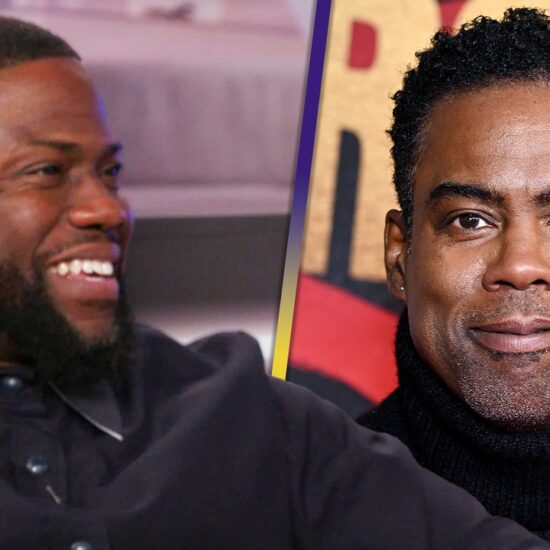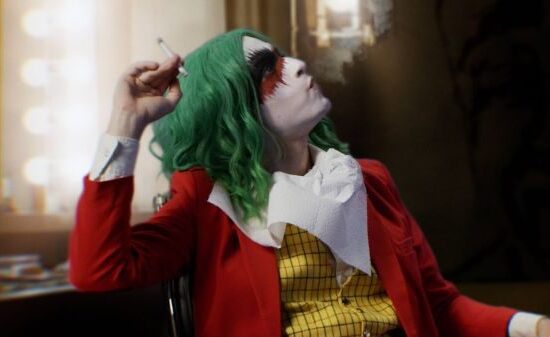
Navalny has been marketed as an international thriller focusing on the conspiracy to assassinate Russian peace activist Alexander Navalny, but director Daniel Roher says that it was just as important to show him as a human being as it was an icon.
At Deadline’s Contenders Documentary awards-season panel, Roher shared why it was important to include Navalny’s personal life in the film.
RELATED: The Contenders Documentary – Deadline’s Full Coverage
“By showing his humanity, his family, we were able to illustrate exactly what was at stake for him, and exactly what he was sacrificing for the cause of Russian democracy and the freedom of Russia,” he said. “And that’s why it was paramount to not just have this film be a political film, or not just have this film be the murder mystery, but to really, at its heart, make a film about a family man, make this film a love story between Yulia and Alexei.”
Bulgarian investigative journalist Christo Grozev spoke about how he felt during one of the film’s most memorable scenes, when Navalny impersonated a Russian official to trick one of the conspirators into giving him information about his own assassination.
“My God, this guy’s giving us much more data than we even had before the beginning of the phone call to somewhere midway through the call, I was starting to feel pity for him and sorry,” Grozev said. “I’m thinking what have we done to this killer or one of the killers? And then towards the end, I was already kind of jaded and thinking, ‘OK, I peaked. I’m never gonna see anything as good as this in my life. So what else is there to do for the rest of my life?’”
RELATED: ‘Navalny’ Trailer & Premiere Date: Documentary On Outspoken Putin Critic Who Dared Return To Russia
Despite being evacuated to Germany for medical treatment following the attempt on his life, Navalny made the choice to return to Russia, where he was immediately arrested and sentenced to nine years in a maximum-security prison.
Russian investigative journalist Maria Pevchikh shared what his imprisonment has been like.
“He has been moved permanently to solitary confinement,” she said. “He spends his day in a tiny little prison cell three-by-four meters. …The room consists of a bed that has been chained up to the wall every morning at 6 a.m. He has a small table and a stool without a back. So that’s his life at the moment, and the biggest struggle that he’s going through at the moment is that as opposed to all of the other inmates, he isn’t allowed winter shoes.”
Check back Wednesday for the panel video.













